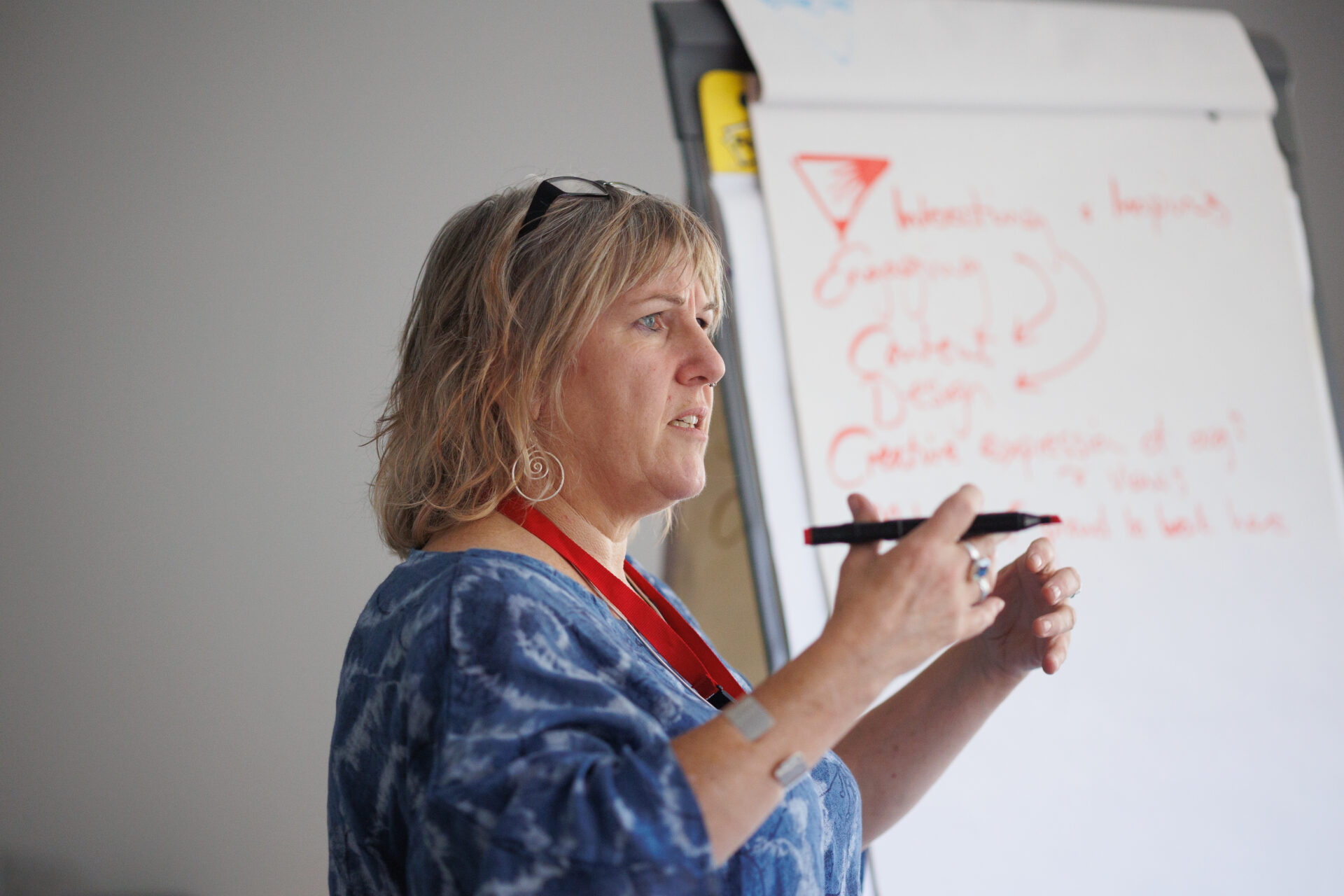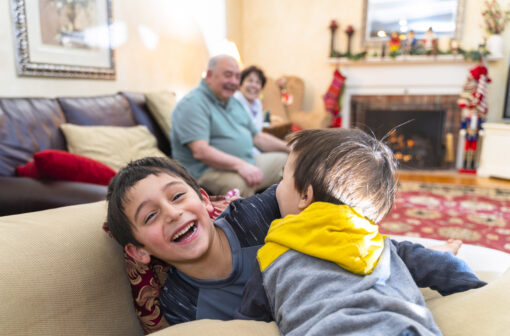
Information and support for professionals working with kinship carers.
For professionals:
We work with professionals from a range of backgrounds and local authorities to support kinship carers. Learn how we can work together, and how you can better support the kinship carers in your area.
Please visit Support and advice for kinship carers

We are here to help you, help kinship carers. Find out how we can help below.

Our programmes and services provide proven positive outcomes for kinship carers. Find out how you can work with us to provide holistic support.
View Our programmes and services
If we don't currently work in your area, find out how you can commission us to improve outcomes now and for the future for kinship carers near you.
View
Navigating an often complex and confusing system is difficult for kinship carers. With the right support they can thrive in their kinship caring role. Find out how Kinship can help.
View Our support for kinship carersKinship carers are family or friends who step up, often during an unexpected crisis, to care for a child when their parents aren’t able to. Kinship care is a commitment. To bring love and hope to a child who has experienced trauma.
What is kinship care?
We have a range of resources that can be used to help you support special guardians in your role.

Understanding the experiences of special guardians - a resource pack for professionals.
View Special guardianship resource pack
A guide which aims to support the development of responsive and effective support services for children leaving care under a special guardianship order (SGO).
View Key elements of a special guardianship support service
Read the Developing good practice in financially supporting special guardians: a guide for local authorities.
Download the guideEducation professionals play an important role in the lives of children in kinship care. Find out how you can support children in kinship care in your school to thrive academically.
Find out more